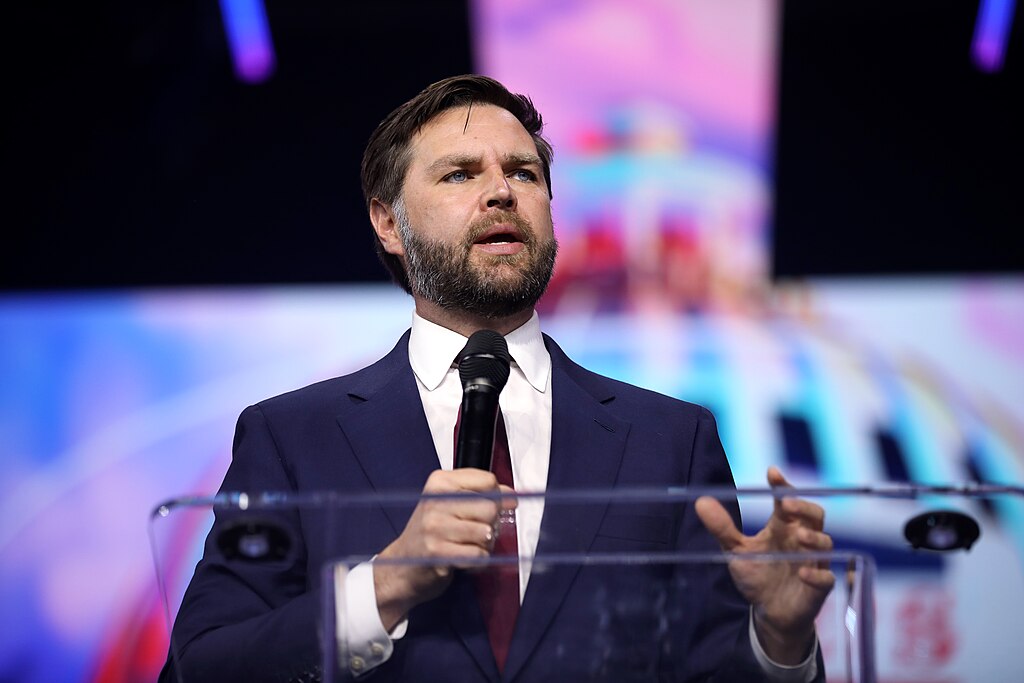Vice President J.D. Vance says Russia’s negotiation terms are unrealistic.
Others are reading now
U.S. Vice President J.D. Vance said the Trump administration views Russia’s current demands in negotiations to end the war in Ukraine as excessive, according to The Hill.
Speaking at the Munich Summit in Washington, Vance stressed that while Moscow may be open to a settlement, its expectations are far beyond what Washington considers reasonable.
I wouldn’t say the Russians aren’t interested in finding a solution,” Vance said. “But at this point, they are asking for a certain set of concessions, and we think they are asking for too much.
The vice president noted that the U.S. welcomed Ukraine’s willingness to agree to a 30-day ceasefire, but Russia has not supported the proposal.
Also read
As a result, talks of a temporary pause have stalled.
“We would like the Russians and Ukrainians to agree on some basic principles to sit down at the negotiating table,” Vance said. “The United States is ready to support this process, but a key step remains direct contact between Kyiv and Moscow.”
Despite the setbacks, Vance said he is not pessimistic about the future of negotiations, though he cautioned that U.S. involvement is not guaranteed indefinitely.
If we don’t see concrete progress, we may withdraw from the mediation process.
Trump’s Pledge vs. Reality
During his election campaign, President Donald Trump repeatedly promised to end the war in Ukraine within 24 hours of returning to office.
But since his inauguration, his tone has shifted.
Trump later expressed hope for a full ceasefire by the end of April—within the first 100 days of his new term—a deadline that has also come and gone without results.
According to Bloomberg, citing sources close to the negotiations, the talks between Moscow and Washington have hit a dead end.
The Kremlin, insiders say, has adopted a hardline stance and refuses to consider meaningful compromises.
Among Russia’s core demands is formal recognition of its control over four Ukrainian regions—Donetsk, Luhansk, Kherson, and Zaporizhzhia—within their full administrative borders.
However, none of these territories are fully under Russian control.
Moscow is also demanding a drastic reduction in Ukraine’s armed forces, another sticking point viewed as unacceptable by both Kyiv and Washington.


